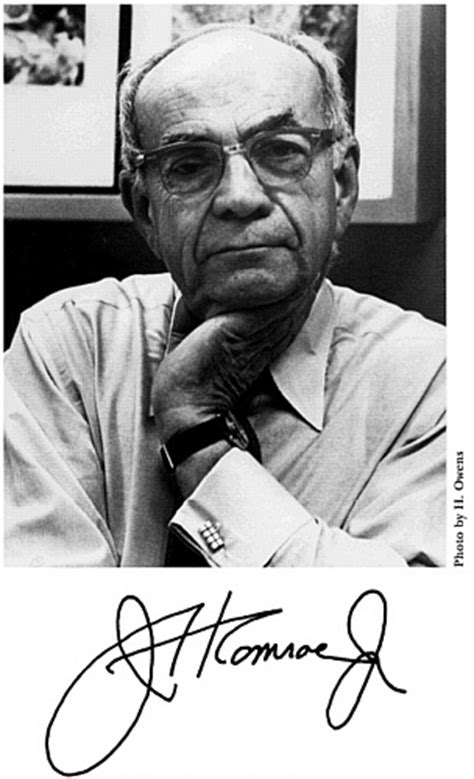A Quote by Valerie Jarrett
The world it changing very quickly and we can't wait another 50 years!
Related Quotes
Things happen very quickly and they have to happen quickly in order to have vitality, which I think is essentially part of a good pot. But in addition it means that you can explore an idea and change it and then change it and then change it; I don't mean by changing the one pot, but you make one pot then you make another that's related to that; you make another - you can make 50 pots in a day and none of them are going to be carbon copies of any other, but they'll all be related because there's something going through your mind about the form on that particular day.
I am aware of the responsibility I am taking on as the chancellor. Things have developed very quickly for me in recent years, but they didn't happen from one day to the next. I have more than six years of experience in government. I took the decision to run as a candidate very seriously. In May, I decided to change the Austrian People's Party and to start a broad-based movement aimed at changing this country for the better.
That whole day [ of the space flight] is very vividly impressed on my memory because it was such a new experience. We hadn't done that before. And then I've recalled it so often since then I think that it's a - it's remained very vivid over the past 50 years, seems to me like about a week or two instead of 50 years.




































